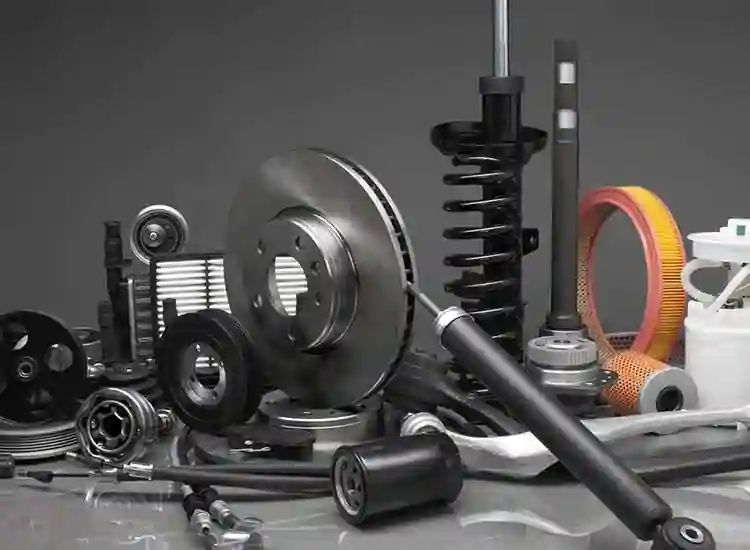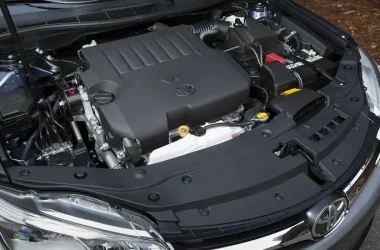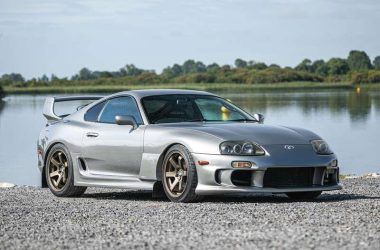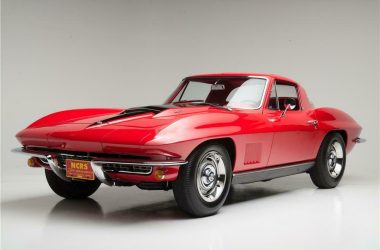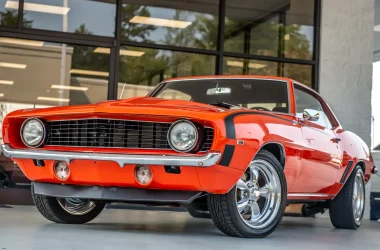Car parts dealers provide new, used, and aftermarket auto parts from manufacturers or other sources – such as scrap vehicles.
Some manufacturers provide programs allowing auto shops to return obsolete auto parts for a refund, which can help lower inventory costs and decrease waste.
OEM
OEM parts are those found on your car from its initial factory installation, as they will best withstand wear and tear on our Springhill roads. In addition, these OEM car parts come backed by your vehicle manufacturer’s warranty.
Original Equipment (OE) parts tend to be more costly than other kinds of car parts, but their value over time far outweighs their initial expense. They save time by eliminating hours spent searching for suitable components that fit your vehicle, and ensure repairs or replacements are performed effectively.
OEM parts will help keep the value of your car intact, which won’t negatively affect its resale value when selling later on. However, if you don’t feel ready to spend extra money yet there are other solutions available as well.
Aftermarket
Car parts dealers commonly sell aftermarket car parts that were not produced by the original equipment Manufacturer (OEM). These are usually less costly for consumers to buy and can be used for both repairs or upgrades of their vehicle.
Aftermarket car parts offer many advantages over their OEM counterparts. Thanks to hundreds of companies producing aftermarket parts for specific car models, aftermarket options make it easy to locate exactly the part your vehicle requires; whether that be DIY at home or taking it into an auto shop.
As aftermarket parts aren’t as strictly regulated as OEM ones, their quality may differ significantly and cause issues with functionality or fit of replacement parts. To prevent this, it is wise to choose only reliable aftermarket manufacturers; otherwise they could void your car warranty and damage your vehicle in the long run.
Recycled
After reaching its end of useful life, almost every part of a car can be recycled once its useful life has come to an end. Glass from windshields can be reused to make windows and door glass; rubberized components such as mudflaps and floor mats may even be converted back into new products by recycling companies. Even its metal parts can be put to good use: aluminium rims, axles and door handles from an old vehicle can be sold to scrap metal companies for recycling into new parts or products.
Car dismantlement often includes dirty engine oil. Instead of discarding this substance into the environment, this oil should be drained off and recycled instead, rather than dumped illegally and breaking waste regulations. Steel components from dismantled cars may also be recycled into new cars, appliances and construction materials; in fact, approximately 25% of new vehicles contain recycled components.
Other
Businesses operating within this subsector specialize in selling motor vehicles and parts from fixed points-of-sale locations, offering services such as import/export trading or repair for specific car models. Businesses in this subsector typically are managed by individuals knowledgeable of automobiles.
Auto parts dealers that buy, restore and recycle used parts are an integral component of the automotive industry. These businesses usually hire licensed mechanics to refurbish parts and identify those with resale value for reselling; others may specialize in rare or otherwise hard-to-find parts that appeal to specific segments of the market.
YMF Car Parts of England provides an user-friendly website for searching car parts by Reg Number. Once entered, the list of available parts appears with an option to refine further by entering first registration date information.


